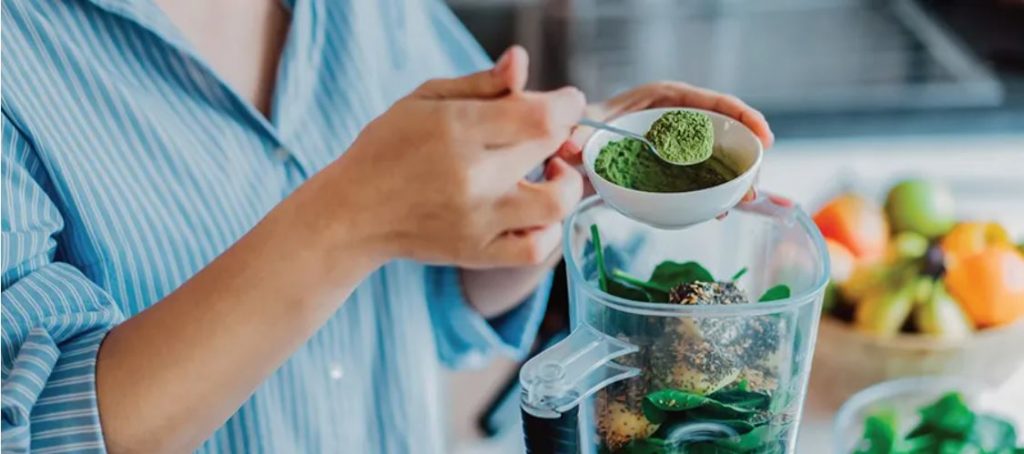Nutrients help preserve bone density in women
Creatine and resistance training
The body produces creatine, a compound that helps the body create energy and muscle, also popular as a sports supplement. In this study, 47 postmenopausal women participated in a resistance training program three days per week while taking 45 mg of creatine per pound of body weight per day or a placebo.
After one year, the creatine group had 1.2 percent less bone mineral density while the placebo group had 3.9 percent less. The finding is important because bone loss directly increases chances of fracture. Also, while the placebo group experienced a 4 percent decline, women in the creatine group saw 1.4 percent more new bone at the thigh, decreasing chances for fracture, doctors said.
Soy isoflavones have a mild estrogen-like effect that may help offset the natural decline in estrogen during menopause and help preserve bone. To determine bone health, doctors measured the amount of calcium excreted at the start of this study, and after each 50-day study period, testing a standard bone loss drug or a series of isoflavone doses.
The 24 postmenopausal women in the study took the prescription osteoporosis drug risedronate or various doses of soy isoflavones every 50 days. While women taking the prescription drug retained the most calcium in bone, women who took the soy isoflavones also saw a benefit. The most effective mixture was a total of 105 mg of the soy isoflavones genistein, daidzein, and glycitein in their natural ratios, which increased calcium retained in bone by 7.6 percent.
Reference: Medicine and Science in Sports and Exercise; 2015, Vol. 47, No. 8, 1587-95
Healthy Insight: Tea for Bone Health
Earlier population samples suggest a link between drinking tea and good bone density, but there are few long- term trials. In this study, doctors measured the diets of 1,188 older women and followed up for 10 years.
Overall, about one in four experienced a serious fracture. Women who consumed three or more cups of tea per day were 30 percent less likely to have had a bone fracture compared to those who drank one or fewer cups per week. Also, those who got the most antioxidant flavonoids from tea and diet were at least one-third less likely to have any kind of fracture.
Reference: American Journal of Clinical Nutrition; August, 2015, Published Online
Natural Insights for Well Being December 2015
We’re dedicated to discovering the benefits of good nutrition and healthy lifestyle, and hope the above article informs and inspires you to take an active role in your health.
Articles shared on our site are to provide nutritional information only and do not replace professional medical advice.




